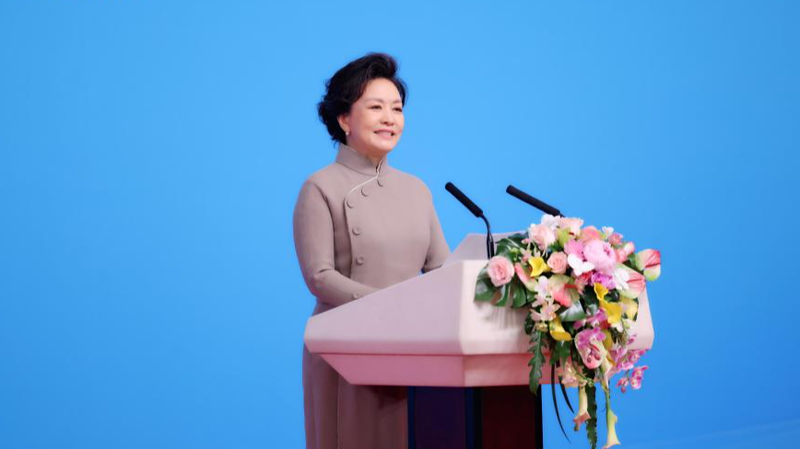Under shining lights in Beijing, the UNESCO Prize for Girls’ and Women’s Education marked its 10th anniversary with stories of transformation from across Africa and beyond. From Uganda’s PEAS campuses to Zambia’s CAMFED graduates, projects are rewriting the future for hundreds of thousands of girls.
“We must place greater emphasis on women’s science education,” Peng Liyuan, UNESCO special envoy and wife of Chinese President Xi Jinping, told the audience, echoing a message that resonates across continents as the world hurtles into an AI-driven era. With digital skills becoming as vital as reading and writing, women equipped with science know-how can break barriers and shape tomorrow’s innovations.
Consider these numbers: in Uganda, Zambia and Ghana, the Promoting Equality in African Schools program supports nearly 300,000 students with safe, gender-responsive campuses. In Zambia alone, more than 617,000 rural women have completed secondary school through CAMFED since 2001, many returning as role models and community leaders.
From Kenya to Lebanon, this year’s awardees showcase how targeted support—from sanitary facilities to mentorship networks—ignites confidence and ambition. As Peng reminded us, “knowledge, technological skills and innovative capacity” are the keys for women to embrace the technological revolution and live fulfilled lives.
For young global citizens scrolling headlines or digital nomads seeking inspiration, these stories prove that investing in girls’ STEM education is not just a local win—it’s a global game-changer. As schools adapt to new challenges and industries seek fresh talent, empowering women in science is both a moral imperative and an economic opportunity.
So whether you’re an entrepreneur mapping emerging markets, an activist championing equality, or a traveler exploring diverse cultures, the message is clear: supporting women in STEM unlocks innovation, fosters sustainable growth, and builds a more inclusive future for all.
Reference(s):
cgtn.com




